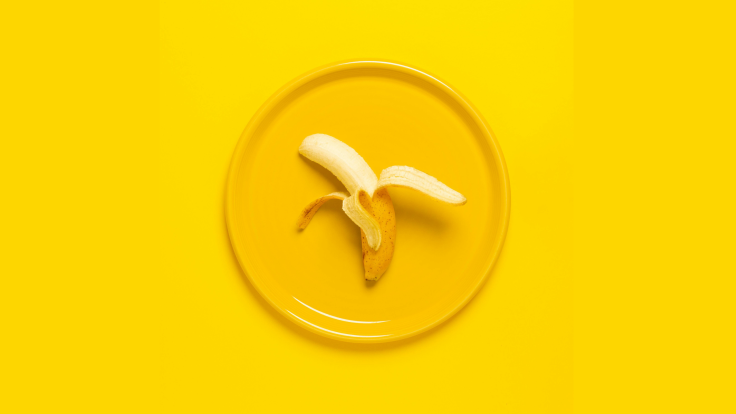What is 'Nano Banana', and How Is It Changing the AI Image Editing Game?
After months of speculation, Google confirms Nano Banana is real — a new AI tool redefining how fast and accurate image editing can be.

An unannounced image editing model called 'Nano Banana' quietly appeared online earlier this year — and it's already outperforming every known image editing tool in speed, consistency, and accuracy.
Now confirmed as a Google project, the AI is officially part of Gemini 2.5 Flash Image, launched for web and mobile users on 27 August 2025. Free users are limited to 100 image edits per day, while paid subscribers can access up to 1,000.
What Is Nano Banana?
Nano Banana began circulating in AI communities through sites like LMArena, where users submit prompts and models compete anonymously. One model consistently stood out — it preserved identities across edits, understood context better than others, and handled multi-step tasks without falling apart.
Online users started connecting the dots: banana icons in prompts, unexplained emoji tweets from Google engineers, and rapid editing speeds previously unseen. The model soon became known as Nano Banana, though no official name was given at the time.
Its true identity is now confirmed as Gemini 2.5 Flash Image, but the nickname has stuck.
How Nano Banana Works
Unlike most AI tools, Nano Banana edits through plain language instead of technical steps. Users simply type instructions like 'change background to forest' or 'make subject smile and adjust lighting', and the model completes the task in seconds.
There's no need for masks, layers, or software expertise; the AI interprets instructions and applies edits directly to the image. The output remains fast, typically responding in 1–2 seconds, and maintains subject identity across revisions.
The tool also supports multi-image storytelling, enabling creators to produce consistent scenes or campaigns without manual corrections.
What sets it apart from other AI image editors is its ability to retain what developers call 'Identity Consistency'. Even after multiple edits, such as angle changes, lighting tweaks, or background swaps, the subject remains recognisably the same person.
Users can also merge elements from two images, such as applying a design pattern from one photo onto an object in another.
@buildingnpublic google just dropped nano banana what are your thoughts? #ai #google
♬ original sound - buildingnpublic
Real-World Impact: E-Commerce, Gaming, and More
The model is already being used, unofficially and through closed beta access, by creators and companies. One e-commerce platform used Nano Banana to auto-generate product variants and reported a 34% increase in conversions.
A content team built an entire ad campaign in under an hour, cutting down work that would typically span several days. A gaming studio created thousands of NPC portraits using Nano Banana for under £8,000 (approximately $10,200), compared to an estimated £120,000 (approximately $153,000) using traditional pipelines.
In architecture, firms generated interior mock-ups accurate enough to skip client revisions altogether. Even teachers have used the tool to create visuals for science lessons, citing improved clarity over textbook diagrams.
Limitations and Early Bugs
While Nano Banana has shown strong performance, it's not flawless. Users have reported occasional distortions, lighting errors, or misinterpreted prompts, especially when instructions are vague.
The model's availability also fluctuates. Some services hosting it have experienced downtime, throttled access, or backend model swaps. As it remains in early stages, consistent public access is still limited.
How Nano Banana Is Changing the Game
For years, AI has struggled to edit real photos reliably. Minor changes often rendered subjects unrecognisable. Nano Banana appears to solve that, marking a major step forward not in image generation, but in image editing.
Google's release of Gemini 2.5 Flash Image confirms the model's legitimacy. What started as an anonymous contender is now a full-fledged product, poised to compete with established tools like Photoshop and Canva.
With editing times slashed and workflows redefined, Nano Banana isn't just another AI trend. It's a working tool already changing how professionals handle visual content.
© Copyright IBTimes 2025. All rights reserved.





















